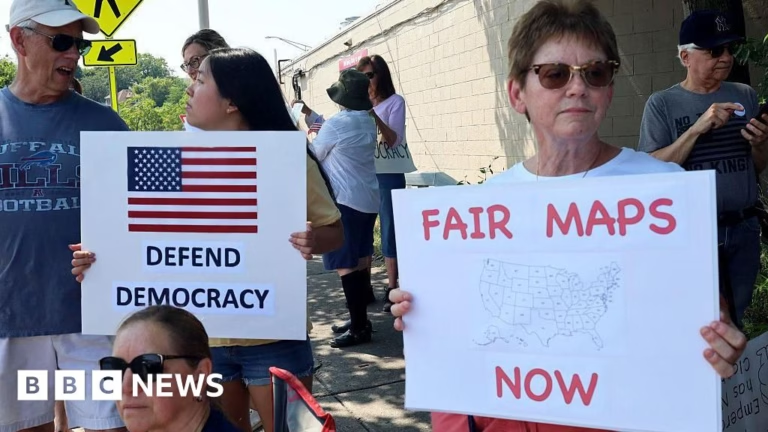A graduate student at Cornell University, Momodou Taal, has opted to leave the United States rather than face deportation for allegedly participating in anti-Israel protest activities. Hailing from the UK and The Gambia, Taal’s student visa was revoked last year amidst the turmoil of the Israel-Gaza war, during which Taal’s protest activities on campus drew attention.
In a legal battle to prevent his deportation, Taal ultimately decided to leave the US “free and with my head held high,” according to a post on X, after a judge denied his request for a delay in deportation proceedings. The current administration, under President Trump, is facing criticism for its hard stance on international students who participate in demonstrations against Israel, labeling their deliberate departures as “self-deportations.”
Taal’s decision stands as at least the second instance of an international student feeling pressured to leave the United States after being singled out by the US Department of Homeland Security. “I have lost faith that a favorable ruling from the courts would guarantee my personal safety and ability to express my beliefs,” Taal stated on X, reflecting a broader concern for safety and freedom of expression.
Cornell University, an Ivy League institution in New York, suspended Taal twice due to his protest activities. His public support for the Palestinian resistance was documented in posts and speeches, including one that celebrated the armed resistance in Palestine from “the river to the sea.”
Secretary of State Marco Rubio has asserted that over 300 university students have had their visas revoked for their participation in pro-Palestinian protests. The Trump administration claims that the Immigration and Nationality Act grants them the authority to deport non-citizens whose activities are seen as adversarial to US foreign policy and national security interests.
The clampdown on international students biting on campus activism has been framed by the administration as a part of efforts to combat what they deem as anti-Semitism. Critics, however, argue that these deportations represent a violation of free speech rights.
Another student, Ranjani Srinivasan, an Indian scholar who also chose to leave the US, has spoken out against her treatment. Srinivasan, adamant that she is not a supporter of terrorism, hopes to clear her name and eventually return to complete her PhD program at Columbia University, which was the focal point of student protests last year and faced similar issues with the Trump administration’s policies.
Source: https://www.bbc.com/news/articles/c934y9kv07eo








